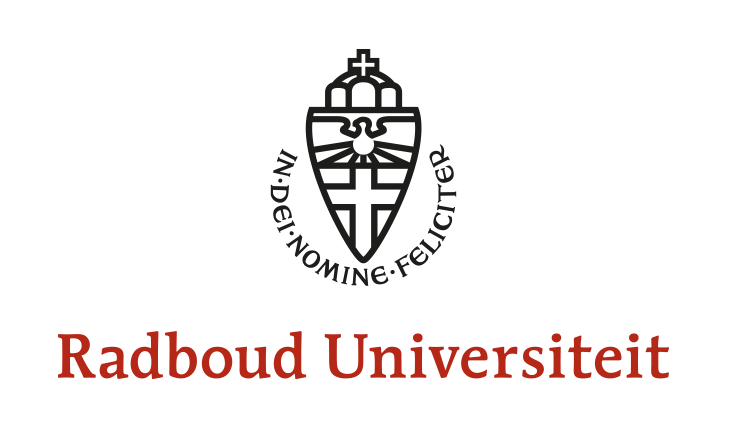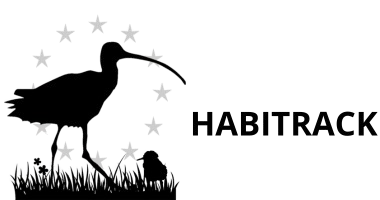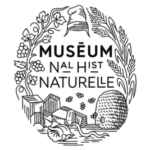Our partners
National Museum of Natural History
The Centre d’Ecologie et des Sciences de la Conservation is a joint research unit (UMR 7204) of the Muséum National d’Histoire Naturelle (MNHN), CNRS and Sorbonne-Université. CESCO develops research for biodiversity conservation, mobilizing approaches in ecology and evolution, and integrating social sciences (political science, management science, and psychology).
CNRS – University of La Rochelle
The LIENSs lab (LIttoral, ENvironment and Societies) is a joint unit of the University of La Rochelle and CNRS. LIENSs is an interdisciplinary laboratory whose researches focus on the functioning of the coastal system, its evolution in a context of global change and increasing urbanisation of the coasts and its use and sustainable exploitation. The laboratory includes six disciplinary teams and over two hundred members.

École pratique des hautes études
The Centre d’Écologie Fonctionnelle et Évolutive (CEFE) is a joint research unit (UMR5175) of the École Pratique des Hautes Études, CNRS, Montpellier University and IRD. CEFE develops independent, basic, and applied scientific research on the dynamics of biodiversity and its conservation, planetary environmental changes, and sustainable development.

Institute of Vertebrate Biology
The Institute of Vertebrate Biology (IVB) is a public research institute within the Czech Academy of Sciences network. Its core research mission is to conduct basic research on vertebrates, with an emphasis on biological diversity, evolutionary relationships, population dynamics, and life histories.
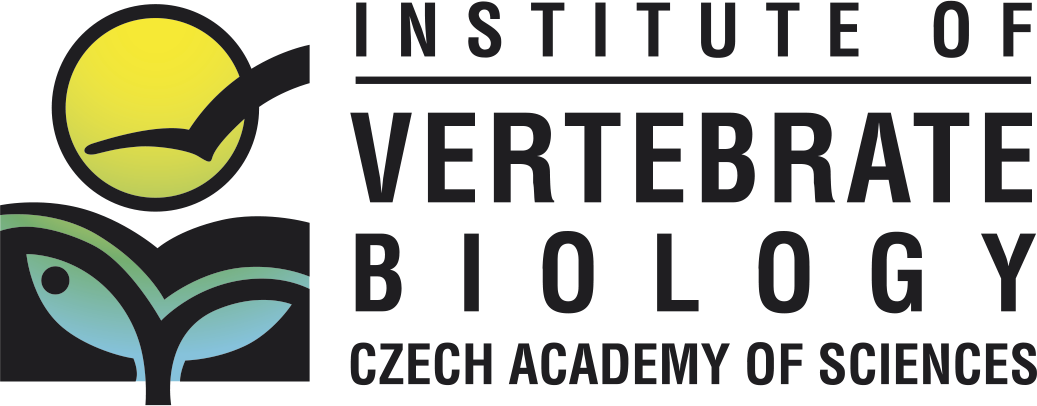
Max Planck Society for the Advancement of Science
As one of the Max Planck Society for the Advancement of Science (MPG) institutes, the Max Planck Institute of Animal Behavior (MPIAB) investigates different animal behaviour topics using interdisciplinary approaches. The department of Migration aims at understanding why animals migrate, how they move from one place to another, and how they survive. This research will provide new insights into how organisms cope with climate change, disease, human disturbance, and alterations of their natural environment. Beyond the ongoing research, the department of Migration manages the Movebank database for storing and archival of animal tracking data and the tracking analysis platform MoveApps.

Finnish Institute of Natural Resources
The Natural Resources Institute Finland (Luonnonvarakeskus – LUKE) is a national research organisation dealing with the sustainable use of natural resources and the well-being and vitality of the countryside. LUKE hosts the national monitoring of huntable animals. It is the leading game management research organisation in Finland with many branches of research, such as sustainable harvesting of animal populations, movement ecology, and spatially explicit population monitoring methodology. LUKE is also a leading national research organisation on ecological and economic aspects of agriculture. Luke is a large expert organisation that collaborates closely with leading scientists from various disciplines.
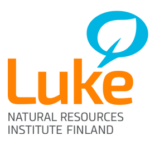
University of Helsinki
The University of Helsinki (UH) is the top-ranked university in Finland and is 92nd in the world based on Shanghai’s ranking (2022). Importantly, UH is 26th in the research field of ecology. At UH, the Helsinki Lab of Ornithology, HelLO, has led since 2013 research on the effects of environmental changes, such as climate change and human land use changes, on species’ abundances and distributions.
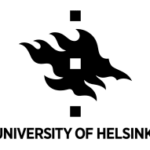
Radboud University
Radboud University (RAD) in Nijmegen, the Netherlands, is a medium-sized, non-profit academic organization. It is an internationally acknowledged university that is constantly ranked among the top 150 universities in the world. In 2019, Research at the RAD was conducted in 15 research institutes. Among them, the Radboud Institute for Biological and Environmental Sciences (RIBES) performs world-leading research to understand the response of the natural environment to human impact. With this knowledge, the institute contributes to mitigating ecosystem degradation and finding solutions to restore the natural environment.
